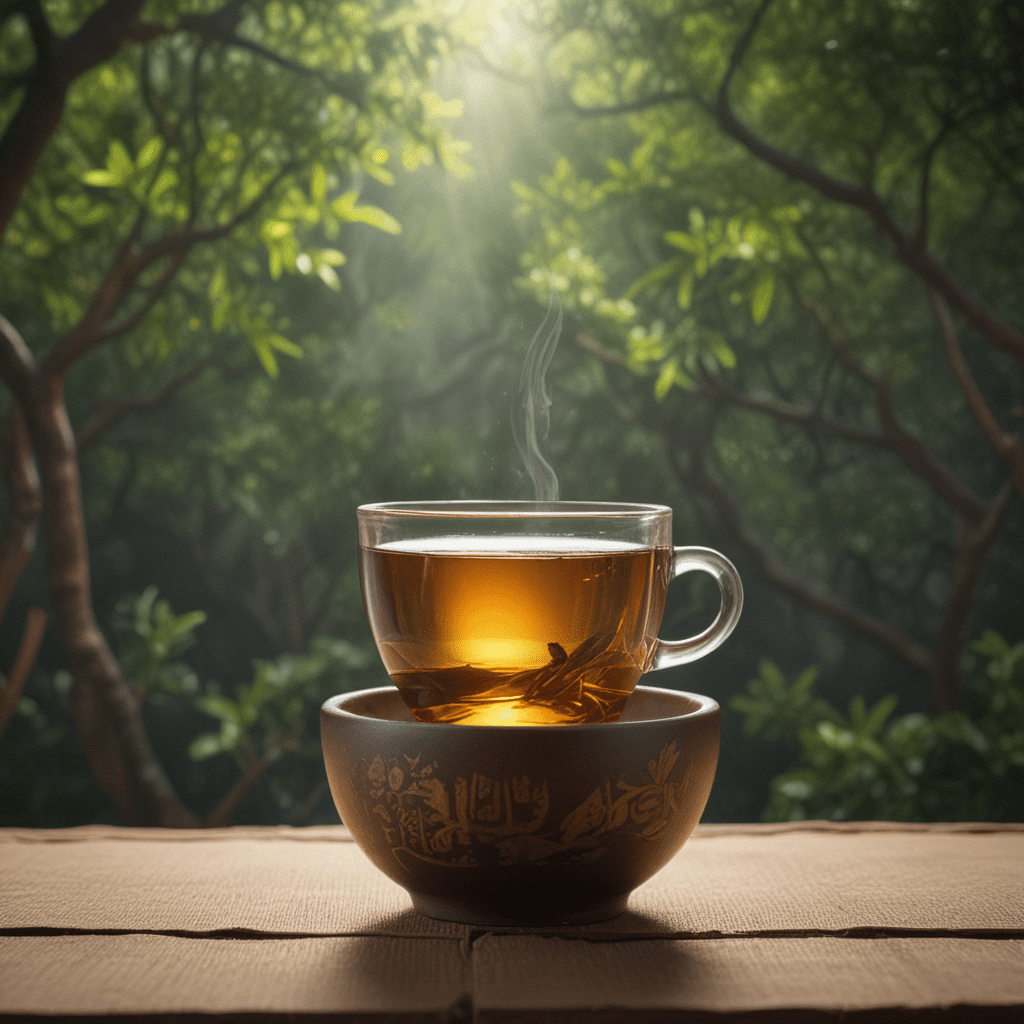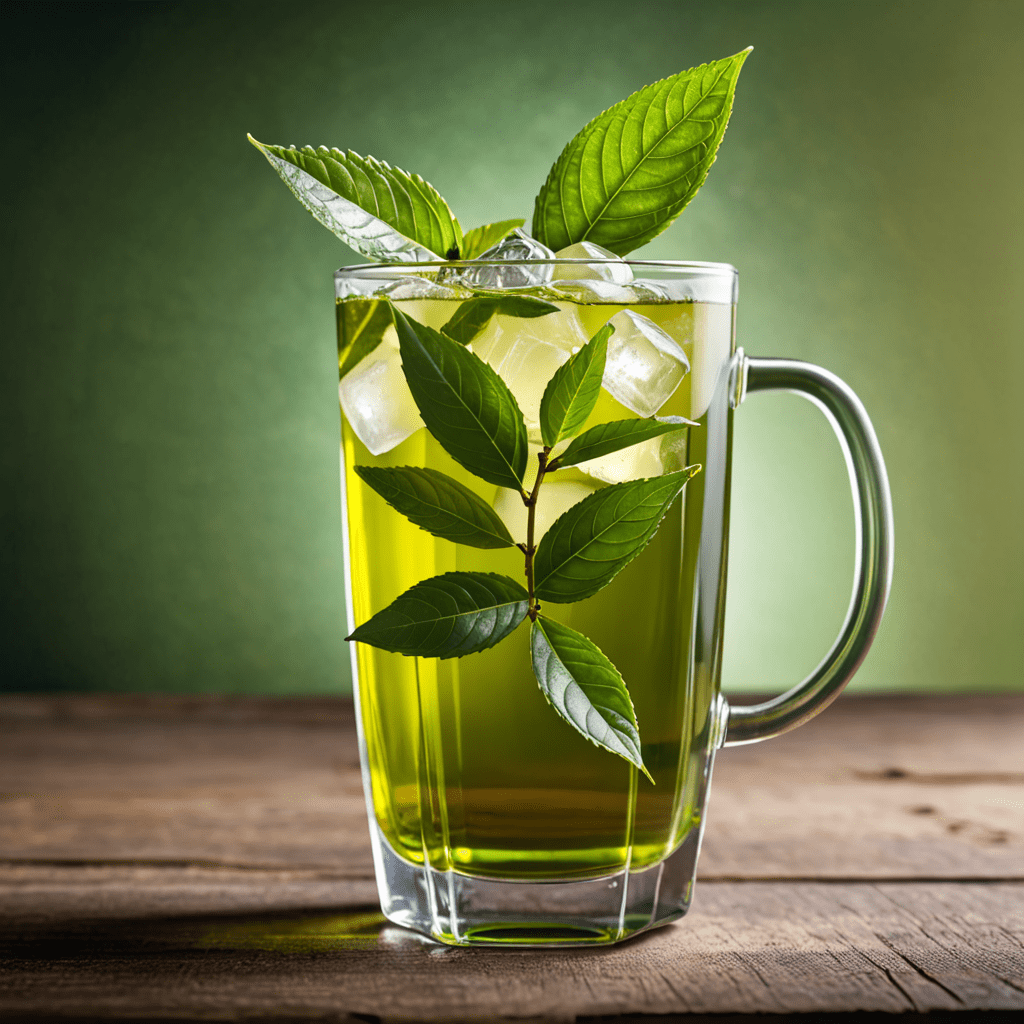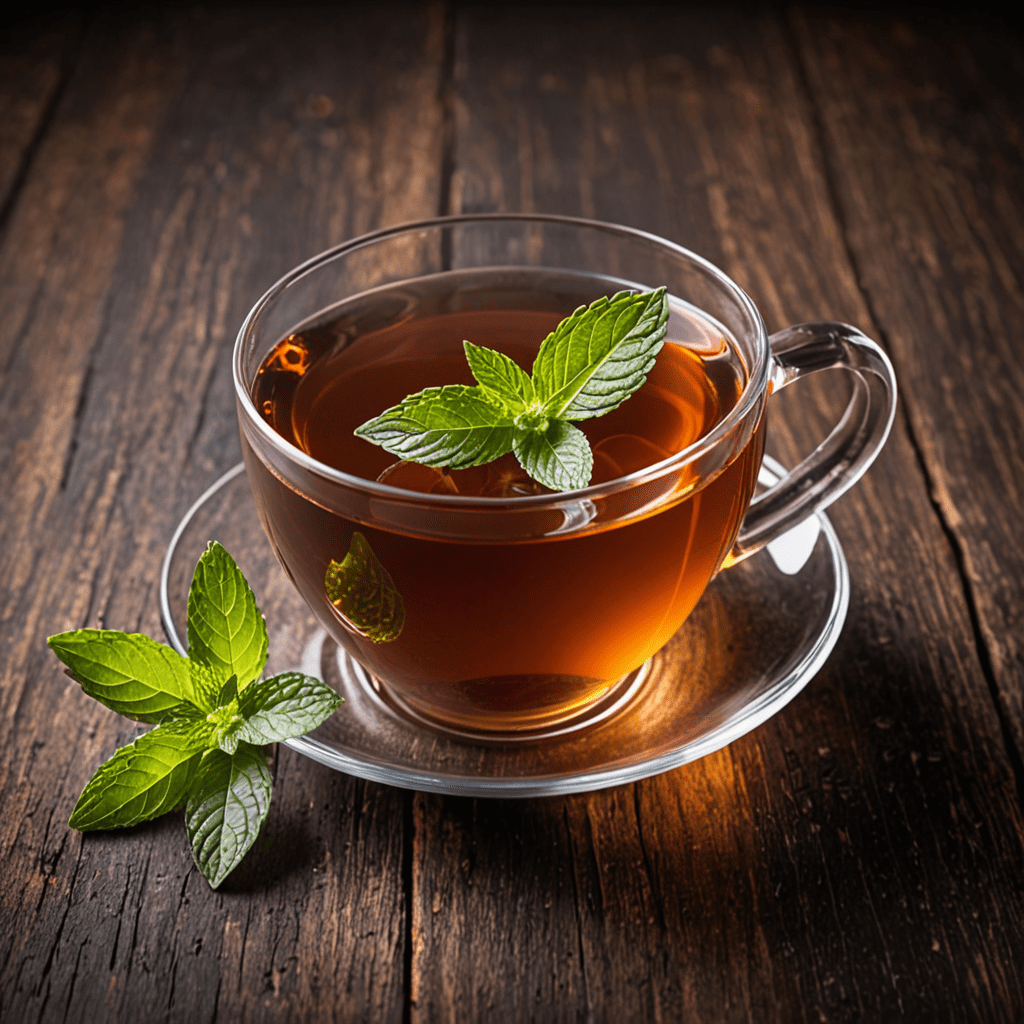1. Introduction to Tea and Meditation in Chinese Culture
Tea and meditation have been interwoven in Chinese culture for centuries, forming an integral part of Chinese philosophy and spiritual practices. The combination of tea drinking and meditation serves as a unique path toward inner peace, self-discovery, and spiritual enlightenment.
2. Historical and Cultural Origins of Tea in China
The origins of tea in China date back to ancient times, with legends attributing its discovery to the legendary emperor Shennong. Tea drinking gradually gained popularity during the Han Dynasty (206 BCE – 220 CE) and became an essential part of Chinese culture by the Tang Dynasty (618 – 907 CE). Tea cultivation and consumption flourished during this period, and teahouses emerged as social and cultural hubs.
3. The Ritual of Tea Drinking in Chinese Culture
Tea drinking in China is not merely a beverage consumption but an elaborate ritual imbued with cultural significance. The Chinese tea ceremony, known as the Gongfu Cha (literally "making tea with great skill"), involves a specific set of steps and utensils. This ritualistic approach elevates tea drinking to an art form, emphasizing mindfulness, attention to detail, and the appreciation of the tea's flavors and aromas.
4. The Philosophy and Practice of Meditation in China
Meditation holds a central place in Chinese philosophy and spiritual practices. Taoism and Buddhism, two influential Chinese philosophies, both emphasize the importance of meditation for cultivating inner peace, self-awareness, and spiritual liberation. Meditation techniques vary, but they generally involve practices such as breath control, mindfulness, and visualization.
5. The Tea and Meditation Ceremony
The combination of tea drinking and meditation has culminated in the tea and meditation ceremony, a unique practice that seamlessly blends these two traditions. This ceremony creates a conducive environment for individuals to cultivate mindfulness, focus their thoughts, and tap into their inner selves. The ceremony typically involves preparing and sharing tea in a serene setting, accompanied by periods of meditation and contemplation.
6. Benefits of the Tea and Meditation Practice
Engaging in the tea and meditation practice offers numerous benefits for both physical and mental well-being. Tea contains antioxidants and other compounds that contribute to heart health, brain function, and reduced inflammation. Meditation, on the other hand, has been shown to enhance mindfulness, reduce stress and anxiety, improve sleep quality, and promote emotional regulation.
7. Tea and Meditation for Inner Peace
The synergy between tea drinking and meditation creates a powerful tool for cultivating inner peace. The calming effects of tea, combined with the mindfulness fostered by meditation, provide a fertile ground for individuals to connect with their inner selves and find tranquility. This practice allows practitioners to develop a deeper understanding of their thoughts, emotions, and sensations, ultimately leading to greater self-awareness and inner harmony.
8. Tea and Meditation for Spiritual Development
Beyond inner peace, the tea and meditation practice also plays a crucial role in spiritual development. The rituals and philosophies associated with tea and meditation help practitioners cultivate a sense of interconnectedness with nature, cultivate compassion, and open themselves to a deeper understanding of the universe. This practice enables individuals to explore their spiritual nature, develop a stronger connection to their inner wisdom, and potentially transcend the limitations of the ego.
9. The Impact of Tea and Meditation on Chinese Culture
The tea and meditation practice has profoundly shaped Chinese culture, permeating its literature, art, and philosophy. Chinese poets and artists have found inspiration in the rituals and philosophies of tea drinking and meditation, creating masterpieces that exude tranquility, harmony, and spiritual depth. This practice has also influenced Chinese ethics and moral values, emphasizing the importance of mindfulness, patience, and respect for nature.
10. Conclusion: Tea and Meditation as a Way to Cultivate Inner Peace.
In conclusion, the tea and meditation practice offers a transformative path towards inner peace, self-discovery, and spiritual development. Rooted in Chinese culture, this practice combines the calming effects of tea with the mindfulness of meditation, creating a holistic and accessible approach to well-being. Whether seeking tranquility, self-understanding, or a deeper connection to the universe, the tea and meditation practice provides a timeless and profoundly beneficial path.
FAQ
Q: What are the origins of tea and meditation in Chinese culture?
A: Tea drinking has been an integral part of Chinese culture since ancient times, with meditation practices originating in Taoism and Buddhism.
Q: How does the tea and meditation ceremony work?
A: The tea and meditation ceremony involves preparing and sharing tea in a serene setting, accompanied by periods of meditation and contemplation.
Q: What are the benefits of the tea and meditation practice?
A: Tea and meditation offer numerous benefits for both physical and mental well-being, including reduced stress, improved sleep quality, and enhanced self-awareness.
Q: How does the tea and meditation practice promote inner peace?
A: The calming effects of tea, combined with the mindfulness fostered by meditation, create a conducive environment for cultivating inner peace and self-discovery.
Q: What is the impact of tea and meditation on Chinese culture?
A: The tea and meditation practice has profoundly influenced Chinese culture, shaping its literature, art, and philosophy, and emphasizing the importance of mindfulness, patience, and respect for nature.



